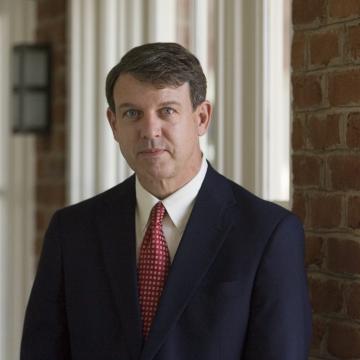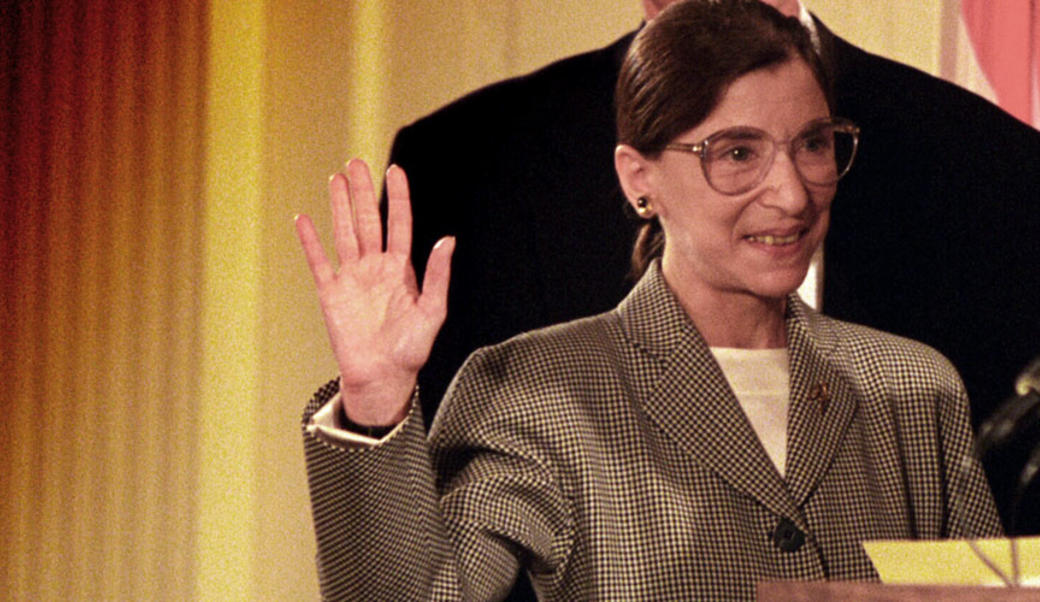Bill Clinton: The American Franchise
The population of the country exceeded 280 million people during the Clinton presidency. According to the 2000 census, there were in the United States 72 million children, 174 million working-age adults (18-64), and 35 million persons ages 65 and over. The U.S. population was 69.1 percent white, 12.1 percent black, 12.5 percent Hispanic (the fastest growing racial/ethnic group during the 1990s), 3.7 percent Asian and Pacific Islander, 0.7 percent American Indian, and 0.2 percent "some other race." Another 1.6 percent of the population claimed two or more races as their heritage.The most important development in the exercise of the franchise during Clinton's presidency was the enactment of the National Voter Registration Act (NVRA), more commonly known as the "Motor Voter" law. This legislation, which had passed Congress previously, only to be vetoed by Republican George H.W. Bush, required that states set up voter registration mechanisms at motor vehicle licensing facilities so that people registering their cars or renewing their drivers' licenses could at the same time register to vote. The intent was to engage in the electoral process segments of the population that might not otherwise take the time to register to vote. Republican lawmakers had been opposed to the reform in part because it threatened to increase electoral participation among traditional Democratic constituencies.
A Tumultuous Decade
With the end of the Cold War and the emergence of third-party insurgencies in 1992 and 1996, the 1990s comprised a politically charged era. Its most visible domestic convulsion involved the continuing dilemma of race, which had plagued the nation since the colonial era. The O.J. Simpson trial (the former football star was facing murder charges in the death of his wife, Nicole) which stretched into 1995, assumed a life of its own; blacks saw one story line unfolding and whites another. California voters adopted Proposition 187, which barred illegal immigrants from receiving state benefits in education and health—a clearly emotional reaction to the millions of immigrants pouring into the nation during the 1990s and changing the face of America.In October 1995, Louis Farrakhan, the controversial leader of the Nation of Islam, organized "a holy day of atonement and reconciliation for black men," which brought a mass of African-American men to the nation's capital. The event became known as the "Million Man March." President Clinton appointed a presidential Commission on Race to start a "national conversation on racial issues."
Meanwhile, California voters adopted Proposition 209, dealing affirmative action a major setback by abolishing programs to assist minorities in the state. Later, federal courts, in Hopwood v. Texas and other similar rulings, rendered decisions severely limiting affirmative action programs in higher education.The 1990s were also the backdrop to a new era of public spectacle. The atmosphere included unprecedented personalized attacks on politicians, the impeachment of the President, and sordid tales of public officials and their sexual escapades on the nightly news.
Some right-wing extremists and anti-American terrorists attacked the government itself, painting it as an enemy. On February 26, 1993, a group of radical Islamic militants bombed the World Trade Center in New York City. In April 1995, a federal building in Oklahoma City was blown up, killing 168 persons; the two men convicted in the bombing were U.S. citizens with links to an extremist "militia" movement seeking the overthrow of the American government. In July 1996, a bomb exploded at the Summer Olympics in Atlanta, Georgia, killing two and wounding nearly 100 others. Arrested for the attack seven years later was another U.S. citizen, who was also wanted for the bombings of a women's clinic and a gay nightclub.
The efforts made by gays and lesbians to attain political and social equality and civil rights in the legal arena was confronted by a strong backlash from social conservatives who considered homosexuality a sin or disease. Senate Majority Leader Trent Lott of Mississippi had compared homosexuality to alcoholism or kleptomania. Gay rights advocates petitioned to have attacks on gays classified as "hate crimes," and the nation's TV audience watched with interest when Ellen DeGeneres, a popular media star, declared that she was a lesbian, just like the character she played on a situation comedy. Some communities that had previously passed anti-discrimination measures were immersed in controversy when well-funded conservative groups succeeded in placing measures on the ballot to repeal protections for gays and lesbians. Federal courts began considering legal challenges to these referenda, thus creating a new tension between majority rule and minority rights.




